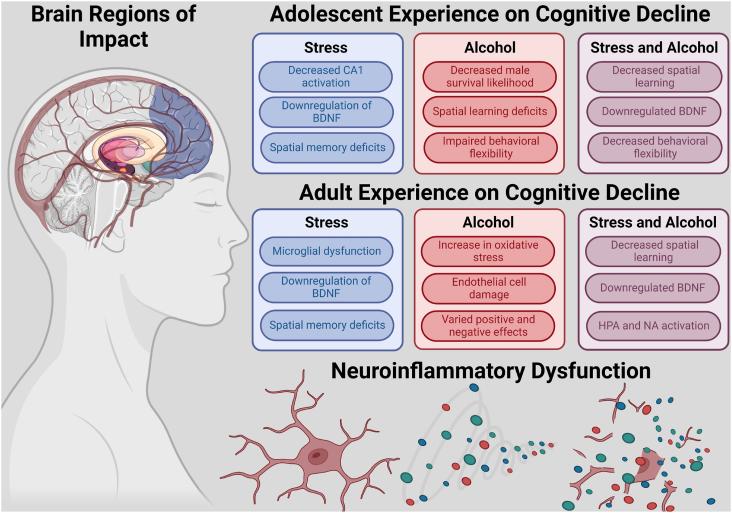
This article discusses the association between stress exposure, alcohol consumption, and Alzheimer's Disease and related dementias (ADRD), emphasizing the importance of understanding behaviors that impact neurodegeneration and cognitive decline, and the need for preclinical research to uncover the underlying biological mechanisms.
This Review supports SDG 3 by describing the national response to hepatitis B and C virus in Viet Nam and the Philippines, finding that although both countries have robust policies, there are differences between them in political commitment, funding, and engagement
Viral hepatitis testing and treatment in community pharmacies: a systematic review and meta-analysis
eClinicalMedicine, Volume 69, March 2024
This Article supports SDG 3 by showing that providing hepatitis C testing services in pharmacies would be beneficial in increasing case detection, in keeping with growing evidence showing the benefits of providing hepatitis services in community settings. Further research is needed to evaluate the provision of hepatitis C treatment, and hepatitis B testing and treatment, in pharmacies
This study supports SDG 3 by examining the impact of early liver transplantation on hospital admissions for alcoholic hepatitis.
This study supports SDG 3 by providing insights into the mechanisms of autoimmune hepatitis and potential therapeutic targets.
Liver fibrosis, caused by hepatitis and other hepatic diseases, has few treatment options and is a major cause of global mortality. This study discusses potential epigenetic options for future treatments.
Despite the long duration of NA therapy, multiple reactivations of HBV after NA discontinuation were common in patients with HBV reactivation.
This study estimates heat- and cold-related excess deaths over 60 years in China, showing that Heat-related mortality has increased sharply during the last two decades and social-economic development contributes to adaptability.
This is the first large-scale empirical study examining the impact of sea-level rise induced by climate change on mental health outcomes among coastal communities.
This paper is about empowering women during the menopause and argues that an over-simplified narrative of menopause as a health problem to be solved by replacing hormones is not based on evidence and deflects attention from the need for substantial societal shifts in how menopause, and midlife/older women in general, are viewed and treated around the world.
